Blog
-
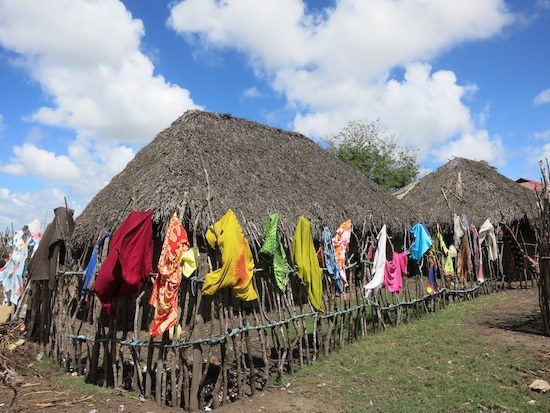 29 August 2014
29 August 2014Advocating for Greater Accountability at the African Development Bank
Accountability Counsel and 12 other organizations from around the world submitted comments to the African Development Bank’s review of its accountability office policy. Our comments advocate for simpler and more straight-forward procedures to improve the accountability office’s accessibility to people who have been harmed by African Development Bank projects. Read more in our full submission. More information about our advocacy at the African Development Bank is available here. -
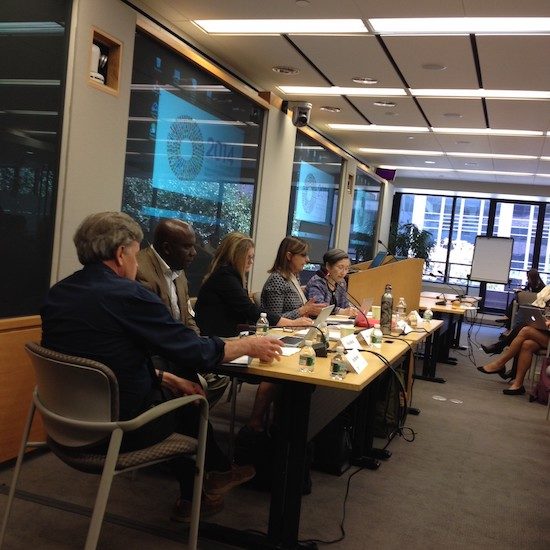 27 August 2014
27 August 2014Civil Society Groups Demand that World Bank Return to Accountability
On August 27, 2014, Accountability Counsel and 20 civil society organization from around the world jointly submitted a letter to World Bank President Kim and Inspection Panel Chair Eimi Watanabe, requesting suspension of the Panel’s “Pilot Program” that prevents cases from reaching full investigations into social and environmental compliance issues. Read more here. -
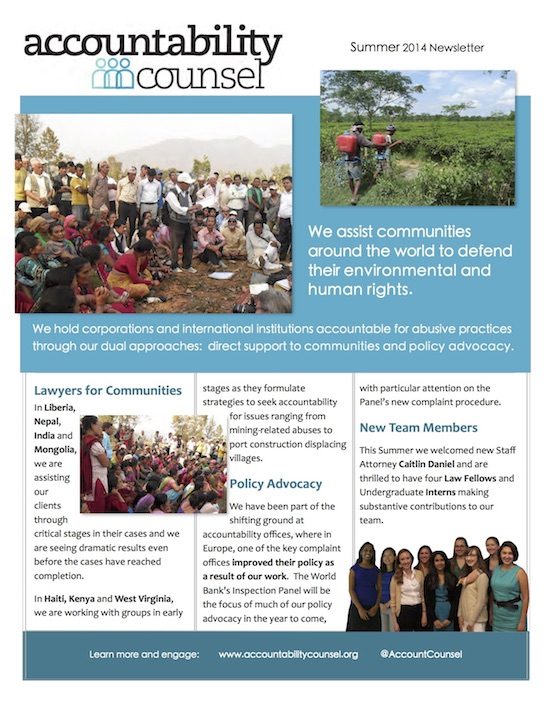 8 August 2014
8 August 2014Read our Summer 2014 Newsletter!
We welcome you to read about our recent work in communities around the world, policy advocacy and organizational updates. We welcome your comments and feedback through our online contact form! -
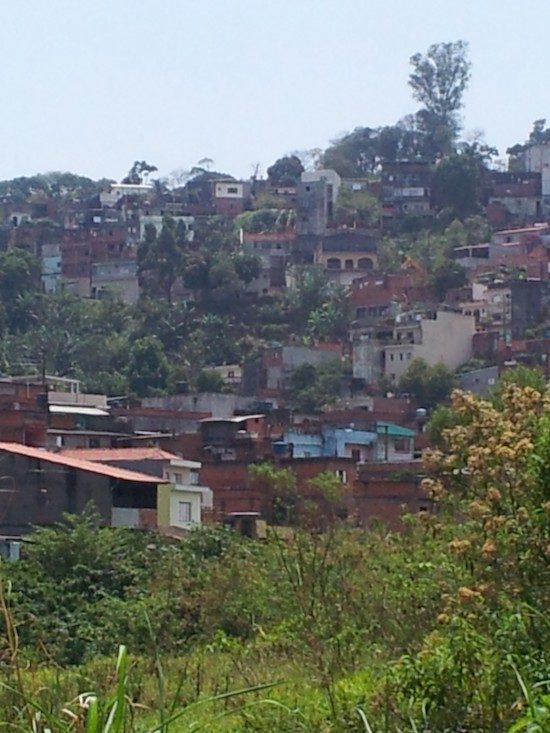 4 August 2014
4 August 2014Inter-American Development Bank Now Accepting Comments on Draft Accountability Policy
The Inter-American Development Bank (IADB) is now accepting comments on its new draft accountability office policy. Comments will be accepted now through September 15, 2014. This is an important opportunity to provide feedback on the current functioning of the IADB’s accountability office, the Independent Consultation and Investigation Mechanism (MICI, for its Spanish acronym), and to guide its development as a more transparent, accessible, fair, and legitimate mechanism. For more information on the policy review process and directions on how to submit comments, please visit the IADB website. -
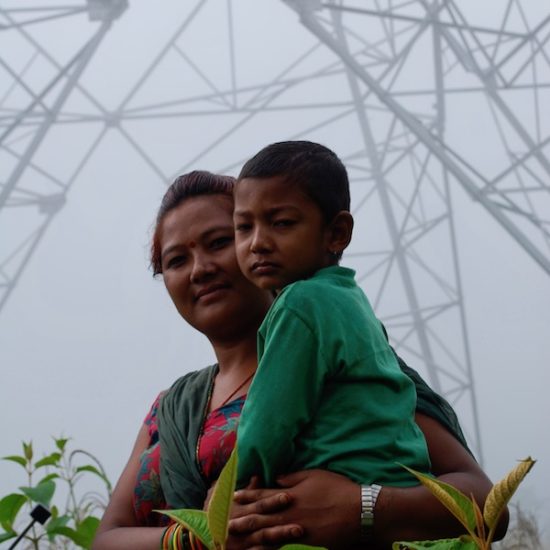 25 July 2014
25 July 2014Advocacy on the Rights to Freedom of Assembly and of Association
Today, Accountability Counsel provided comments to the U.N. Special Rapporteur on the rights to freedom of peaceful assembly and of association, highlighting how multilateral developments banks can impact these rights through their funding decisions. Inadequate human rights due diligence prior to financing and lack of oversight during project implementation are two of the main failures that can lead to multilateral development banks funding serious rights violations. -
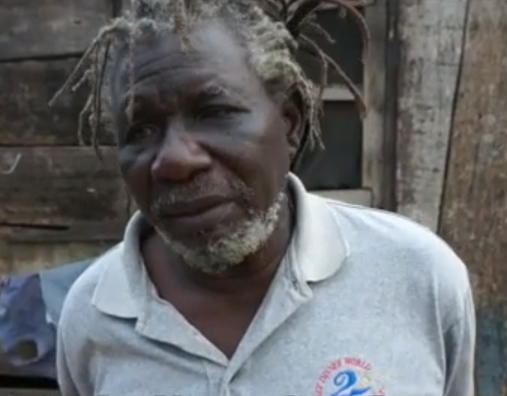 18 July 2014
18 July 2014World Bank Inspection Panel Acknowledges Violations, Refuses to Investigate
In a shocking decision, the Inspection Panel has refused to register a case involving mass forced evictions in Nigeria. The Panel’s decision to drop the case, over the objections of displaced community members, was made as part of the Panel’s new “Pre-registration Pilot” program. The case confirms Accountability Counsel’s fears that the Pilot program can be used to deny access to remedy to communities who have suffered serious harm from Bank projects. We call on the World Bank Board of Directors to initiate an independent review into how the Pilot was carried out and to suspend the Pilot program pending the results of the investigation. -
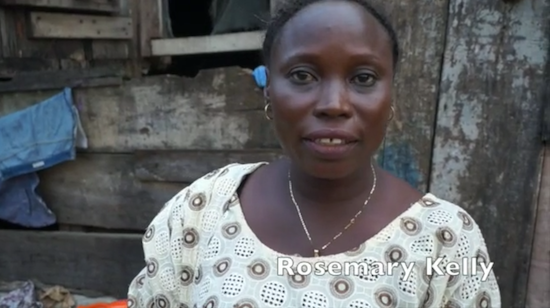 14 July 2014
14 July 2014Concerns about the World Bank Inspection Panel’s Pilot Program Affirmed
Accountability Counsel is concerned to learn that, eight months after filing a complaint, communities forcibly evicted by a World Bank project in Nigeria are still appealing to the World Bank’s accountability office, the Inspection Panel, to register their complaint. Rather than registering the complaint immediately, the Panel moved the case into its new “Pre-Registration Pilot” program, which we have been tracking due to concerns that it undermines accountability and fails to protect communities. -
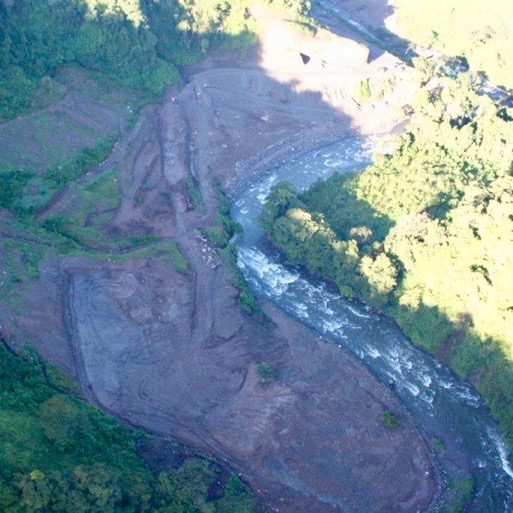 7 July 2014
7 July 2014Robust consultation needed on the new draft Policy governing the Inter-American Development Bank’s accountability office
Today, Accountability Counsel and 22 other civil society organizations sent a letter (Spanish only) to the Inter-American Development Bank (IDB) demanding a robust public consultation period of no less than 60 days regarding the soon-to-be-released draft revised Policy of the Bank’s accountability office. -
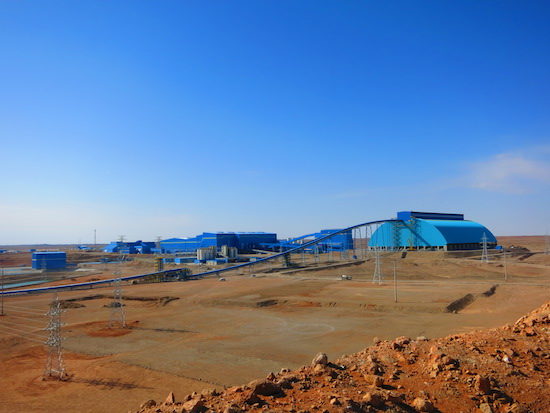 9 May 2014
9 May 2014New EBRD Policy Follows Our Guidance and Makes Positive Change
On May 7, the EBRD announced new policies, including the policy governing its complaint office, called the Project Complaint Mechanism (PCM). Accountability Counsel worked hard over the past two years to influence the PCM policy review and we are pleased that many of our recommended changes are reflected in the final policy. More information and analysis is coming soon here. -
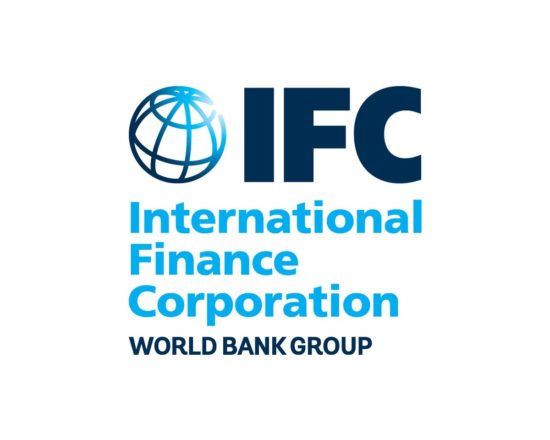 29 April 2014
29 April 2014Joint Letter to World Bank Board: Ensure Lessons are Learned in Honduras
Today, Accountability Counsel partnered with Oxfam, Global Witness, ActionAid International and others to support Honduran groups in their demand that the World Bank’s IFC learn lessons from their disastrous investment in Dinant, a Honduran company confirmed to have committed rights abuses by the IFC’s own auditor. At issue is a new $15 million IFC loan to a Honduran Bank called Davivienda that is being “fast tracked” without discussion at the World Bank’s Board and in spite of the known risks that the funding will contribute to further abuses in Honduras. Read our letter to the World Bank’s Executive Directors here. -
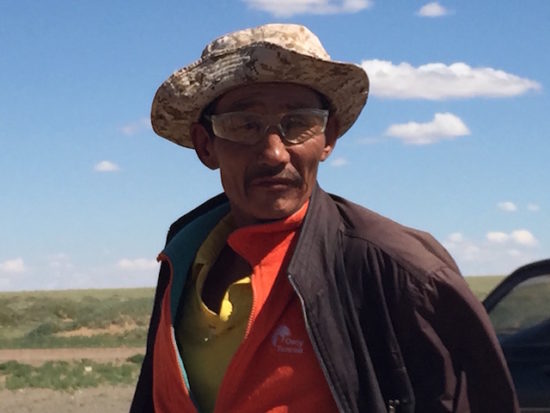 25 April 2014
25 April 2014EBRD Advocacy re Human Rights & Accountability
Today, Accountability Counsel partnered with Human Rights Watch, Amnesty International, Center for International Environmental Law, CEE Bankwatch and Article 19 on a Letter and Statement submitted to the President of the EBRD, encouraging a strengthening, not weakening, of EBRD policy. Read more here. -
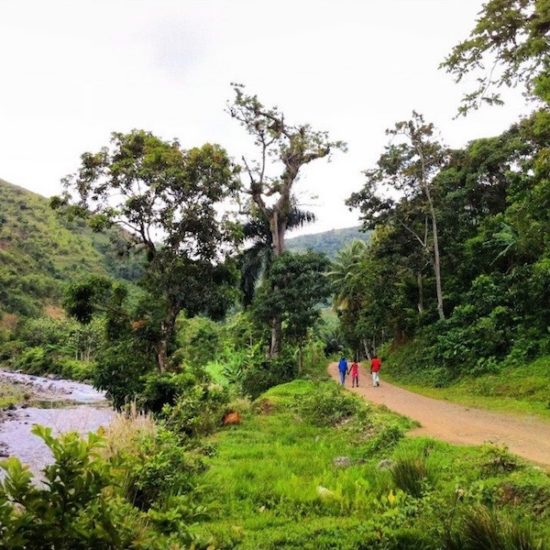 17 April 2014
17 April 2014Two New Ways to Donate – For Free!
Accountability Counsel announces two new partnerships – AmazonSmile and My Broker Donates (MBD). If you shop on Amazon.com, select our fiscal sponsor, Social and Environmental Entrepreneurs (SEE), to have Amazon donate to AC when you shop at no cost to you! If you are looking to buy or sell a house, contact MBD to use a top Realtor who will donate a portion of their commission to Accountability Counsel – also at no cost to you! More information is on our Donate page. -
11 April 2014
OPIC Accountability Policy Just Released
The Overseas Private Investment Corporation (OPIC) has just released a revised policy governing its Office of Accountability. Accountability Counsel was instrumental in advocating for the policy review and took a lead in providing comments as part of the review process. Our analysis of the new policy will be coming soon here. -
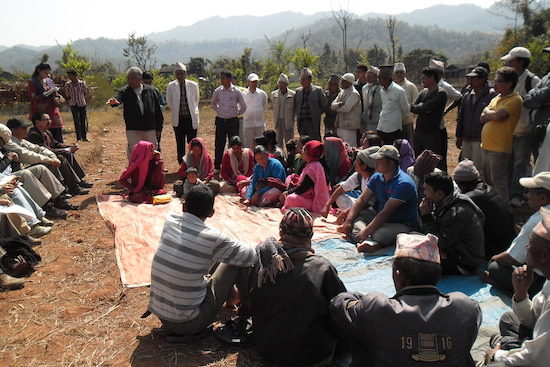 13 March 2014
13 March 2014Whither World Bank Accountability?
The World Bank Inspection Panel has approved a revised set of Operating Procedures, ignoring comments from civil society unanimously asking that they not weaken protections for communities who rely on the Panel to deliver justice. The Inspection Panel was the first accountability office created in 1993 and until now, has been a model. -
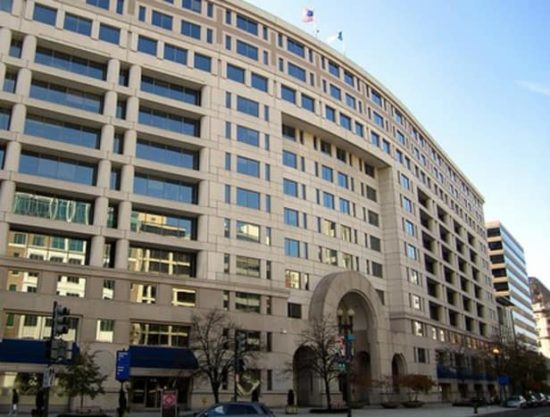 6 March 2014
6 March 2014Inter-American Development Bank Excludes Civil Society from Annual Meeting
Today, Accountability Counsel and 36 other civil society organizations from across the Americas sent a letter to the Inter-American Development Bank demanding that it allow civil society participation in the Annual Meeting of the Board of Governors, which is taking place in Brazil at the end of the month. -
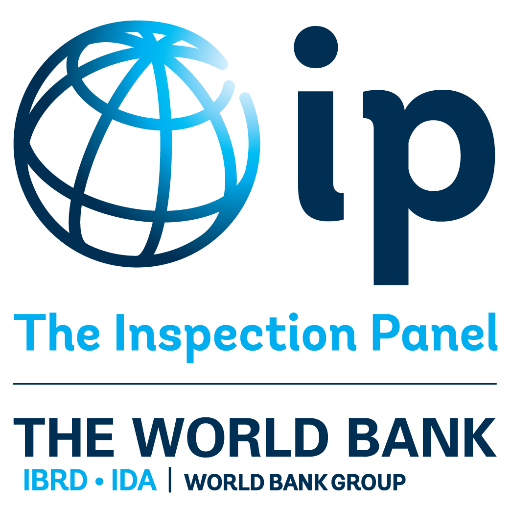 13 February 2014
13 February 2014World Bank Inspection Panel Independence Under Threat
Today, Accountability Counsel, along with 40 civil society organizations from around the world, sent a letter calling on the World Bank Inspection Panel to ensure the independence of its Secretariat. Seven highly-respected former members of the World Bank Inspection Panel also forcefully called on the current Inspection Panel to stop efforts to undermine its own independence. To learn more about this breaking news, see our page on the 2014 Inspection Panel secretariat crisis and read our blog on the Council on Foreign Relations website. -
27 January 2014
World Bank Inspection Panel Policy Review – Citizens Demand Changes
Thirty-two Civil society organizations joined together last week to demand changes to the World Bank Inspection Panel’s draft Operating Procedures. The Panel’s proposed revisions to its policy risk undermining the Panel’s ability to deliver accountability. Read the Joint CSO letter and learn more about the Inspection Panel. -
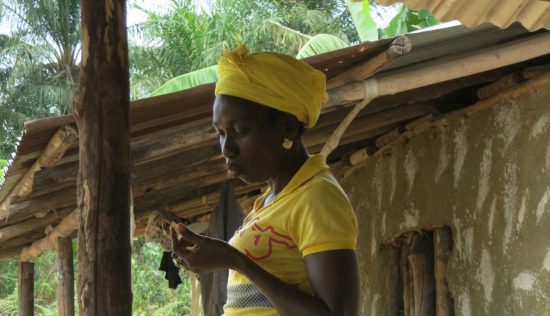 24 January 2014
24 January 2014OPIC Commits to Independent Review of Abuses in Liberia
Today, for the first time, OPIC committed to conducting an independent review of the impacts of its investment in Buchanan Renewables. While this is an important first step, we are awaiting details regarding OPIC’s timeline and what steps it intends to take to ensure that the review is transparent, truly independent and leads to remedy for our Liberian clients. Sign our petition to continue putting pressure on OPIC to fulfill its commitment. Read our joint press release. -
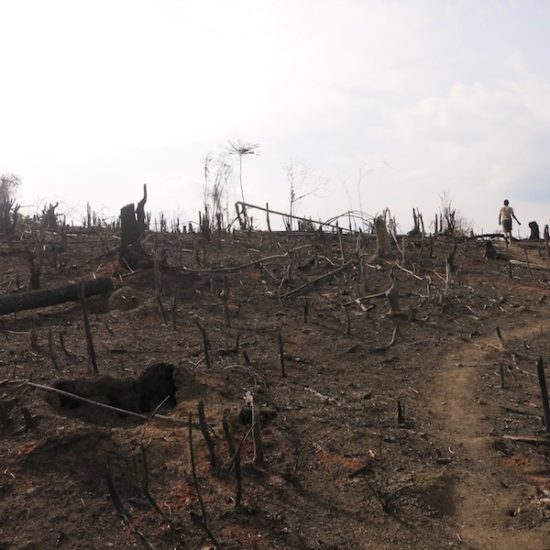 24 January 2014
24 January 2014U.S. Agency Makes First Step in Committing to an Independent Review of its Role in Human Rights Abuses in Liberia
Today, the U.S. Overseas Private Investment Corporation (“OPIC”) committed for the first time to conducting an independent review of the impacts of its investment in an abusive biomass project in Liberia. On January 22, 2014, hundreds of Liberian farmers, charcoal producers and workers filed a complaint with OPIC demanding redress… -
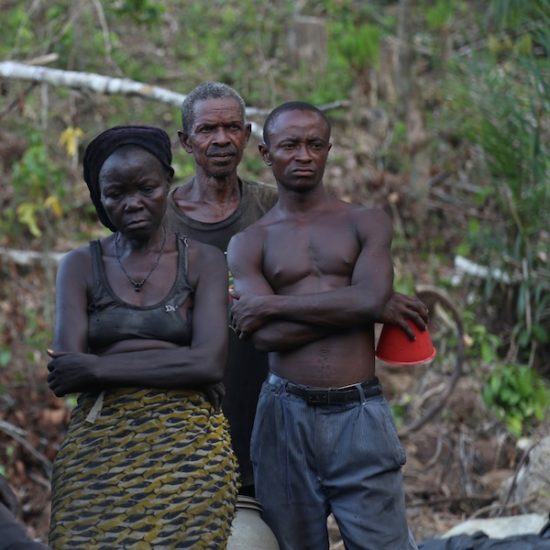 23 January 2014
23 January 2014Complaint filed in the United States for adverse impacts of Buchanan Renewables
Today, hundreds of Liberians, with assistance from civil society organizations Accountability Counsel and Green Advocates, filed a complaint with the U.S. Overseas Private Investment Corporation (OPIC), one of the financiers of Buchanan Renewables’ operations in Liberia. Read full press release here.

